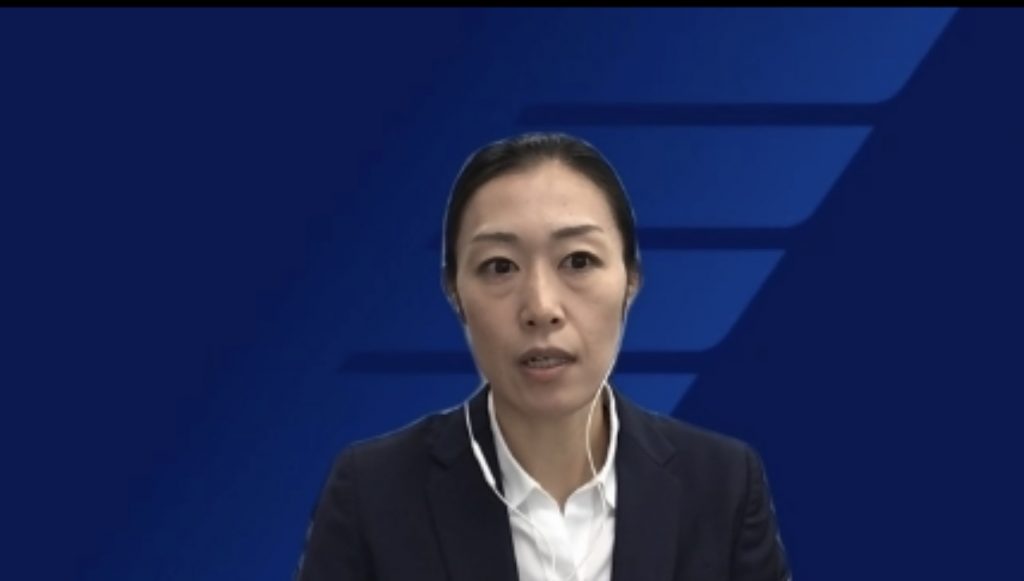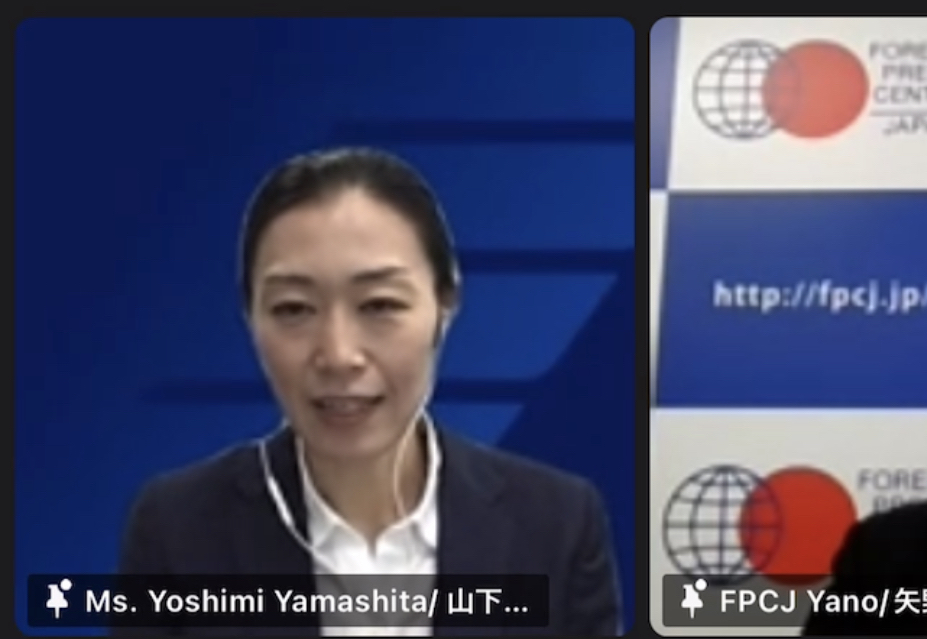



TOKYO: There will be six female match officials at the FIFA World Cup in Qatar later this year and one of them, Japanese referee Yoshimi Yamashita, says she hopes she can be an inspiration to girls and women in the Middle East.
In an online press conference in Japan, she said replying to Arab News Japan that she hopes that having female match officials in Qatar will send a signal to such countries.
“The fact that women will be officiating in World Cup games means that the potential for women is broadening and I feel that this is the message we can send,” she says. “There are hardly any women referees in the Middle East, so I hope being seen in the Qatar World Cup will act as a catalyst for this.” The Qatar World Cup will be her first experience officiating in a Muslim country.
“I want to tell young girls who want to be referees that there are more possibilities. I want to tell them not to have anxieties but to work hard and make positive steps forward. The fact that I can do what I do in a World Cup makes me confident that girls can follow in my footsteps.”
Yamashita says that gender should not be an issue in her job, only competence.
“The most important thing is to love the game of soccer,” she told an online briefing on Thursday. “As a woman, I do feel a sense of responsibility, but it doesn’t make any difference if you’re a man or a woman. What’s more important is to be sincere and methodical in your approach. That said, as a Japanese woman, I do feel some sense of responsibility.”
Yamashita became a Class 1 referee in 2019 and has officiated in the J. League in Japan, as well as the Asian Champions League and the Women’s World Cup. She will be one of three female referees at the Qatar World Cup. She believes that confidence plays a big part in a referee’s performance.
“For every match, I go in with confidence and I don’t have any fear. You have to prepare in terms of what’s expected and fitness,” she said. For her, to referee in a men’s World Cup was just a dream.
“I never even thought about refereeing in a men’s World Cup because I didn’t think it was possible,” said Yamashita, adding that being a woman should not make a difference. “In reality, every match is different; it doesn’t matter if it’s a men’s match or women’s match. There’s always a difference in tempo and speed; it’s just up to us referees to make good judgements quickly.”
For Yamashita, soccer has been a love affair: “I’m gratified to have had so many encounters with people who love soccer. I have met many such people and they have enriched my life and taught me things about soccer that I wasn’t aware of before. All this has enabled me to stand on a different field of play in Japan and outside Japan, even in a World Cup and that is very, very gratifying.”